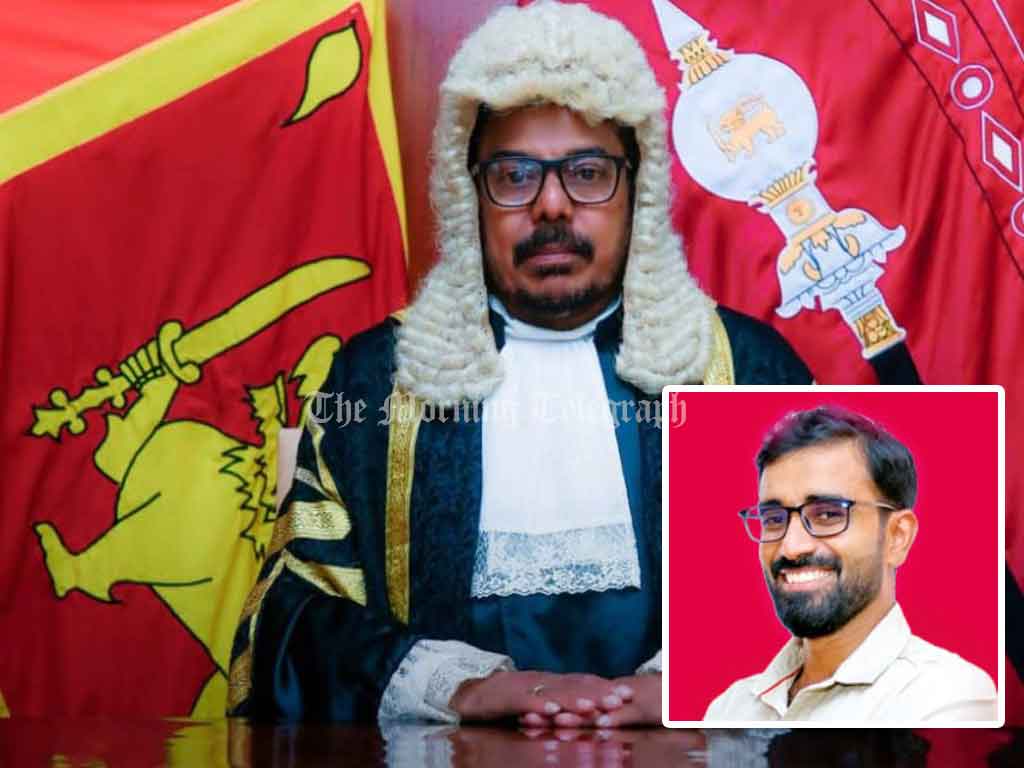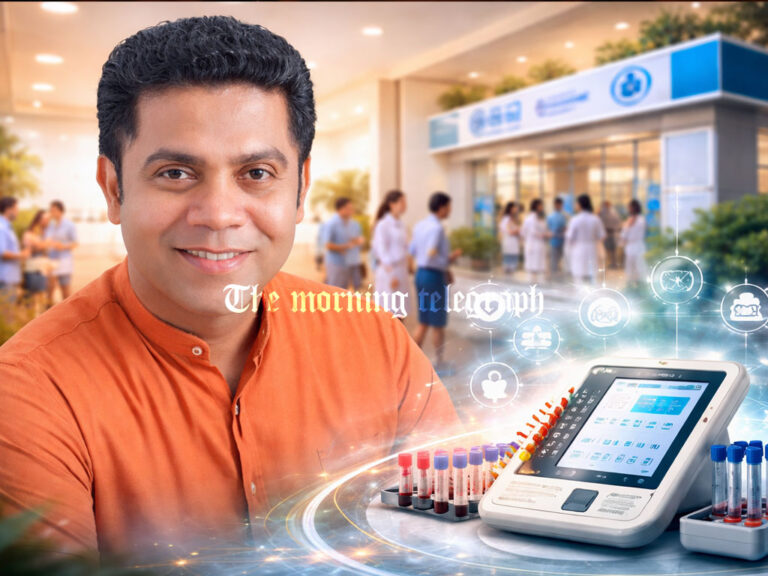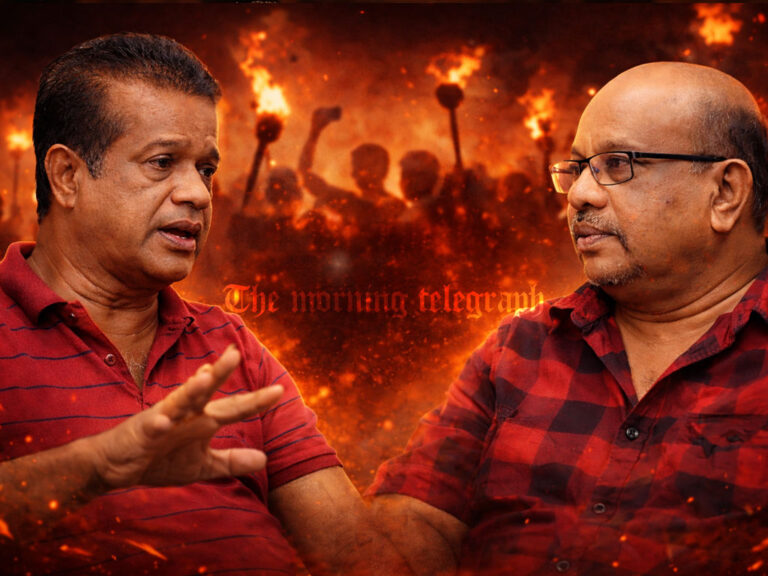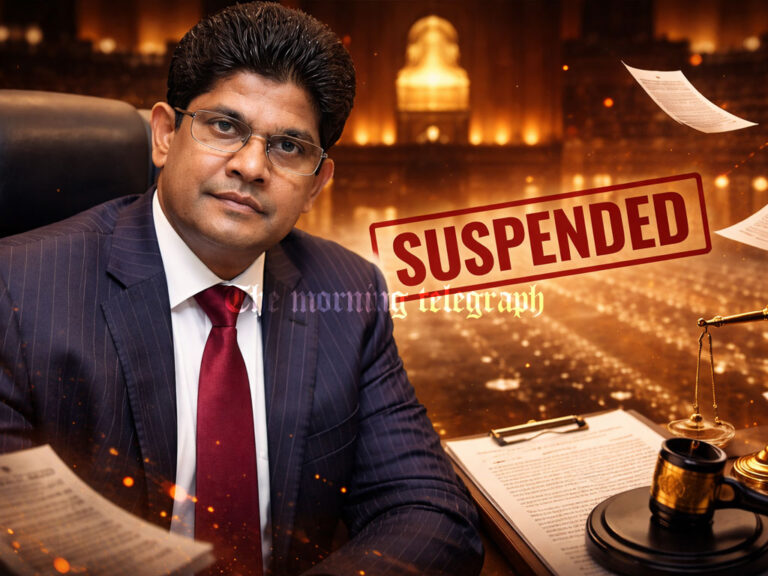
The controversy surrounding former Speaker Asoka Ranwala’s doctorate has escalated in a surprising direction, as National People’s Power (NPP) Member of Parliament K. Illankumaran from Jaffna District recently described Ranwala as a “Medical Doctor” in an attempt to clarify the situation.
Ranwala, who resigned as Speaker of Parliament amid mounting allegations of using fake educational credentials, has been at the center of public scrutiny for several weeks. His academic qualifications, particularly the legitimacy of his doctorate, have sparked widespread debate and outrage. He has faced accusations of misrepresentation, including the use of a fabricated degree to secure his political position.
In a statement made on a northern-based YouTube show, Illankumaran, a member of the NPP, defended Ranwala’s academic background, saying, “No, this doctorate was not awarded by himself but was created by the people. He went to Japan in 1989, comes from a family of medical doctors, and also studied medicine in Japan. He has earned a doctorate, which we all know. There is no requirement for a medical doctorate to be Speaker of Parliament.” Illankumaran’s statement seems to suggest that Ranwala’s background in medicine, despite any official documentation, should be accepted without question.
This defense of Ranwala’s credentials has raised eyebrows, with many questioning the accuracy of Illankumaran’s claims. His assertion that Ranwala “earned” the doctorate, despite the lack of verifiable evidence, has only intensified the controversy. Critics have begun to argue that Illankumaran either lacks a clear understanding of the situation or is attempting to mislead the public by presenting unverified information as fact.
The remarks also raise concerns about the broader issue of transparency in Sri Lankan politics and the ease with which individuals with dubious credentials can ascend to influential positions. Illankumaran’s comments appear to dismiss the gravity of the allegations against Ranwala, which many view as an attempt to downplay the severity of the situation.
As the debate continues, the public remains divided, with some questioning the integrity of political figures like Ranwala and others expressing frustration over the lack of accountability. The incident underscores a broader issue of political leaders using questionable academic qualifications to gain credibility and power, prompting calls for more stringent regulations and transparency within Sri Lankan political and legal systems.
Ultimately, this new development has only deepened the mystery surrounding Ranwala’s qualifications and raised further questions about the integrity of politicians in the country. As the investigation continues, the public eagerly awaits clarity on the issue, hoping for a resolution that will address the concerns about academic fraud and political deception in Sri Lanka.




